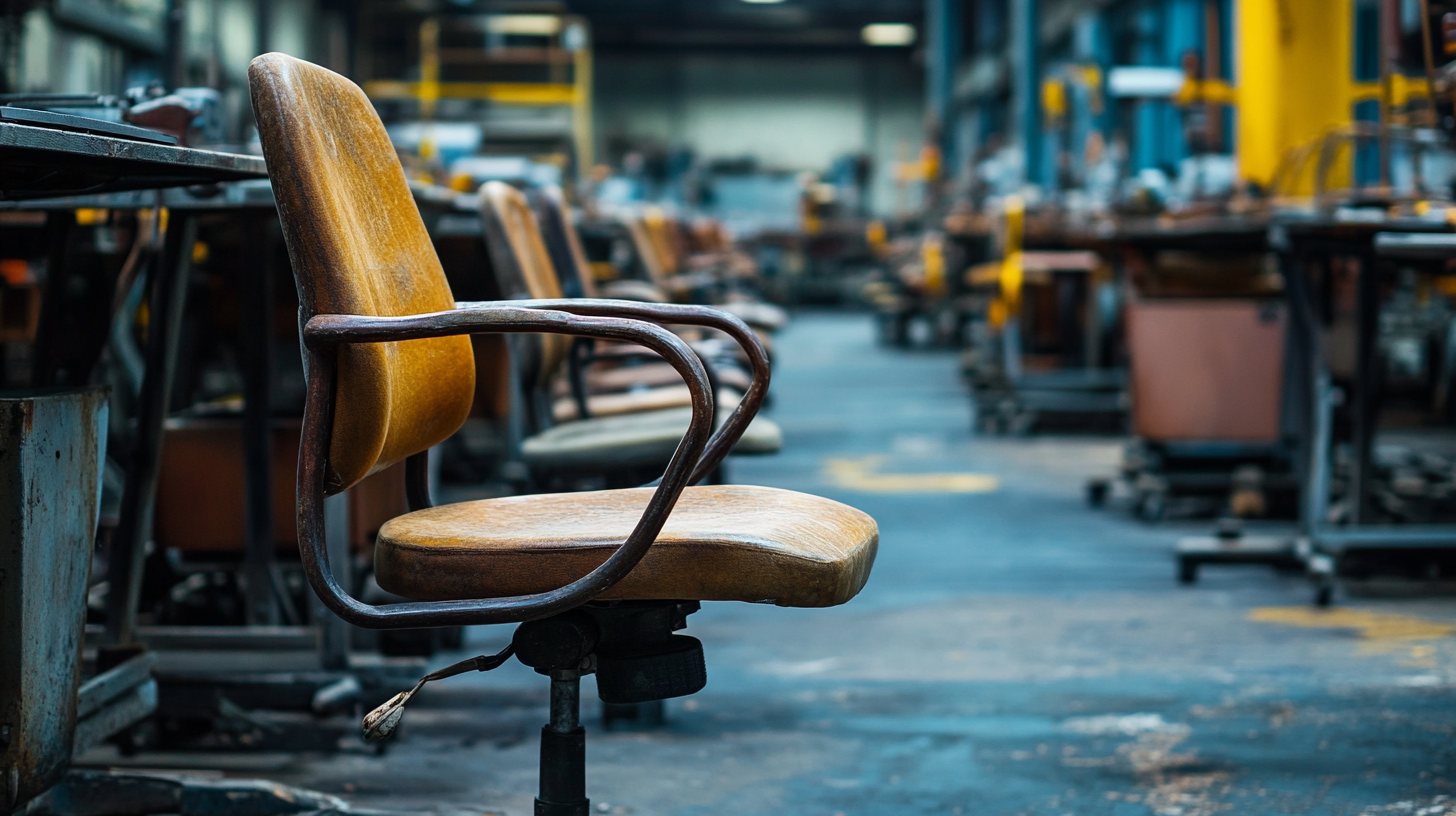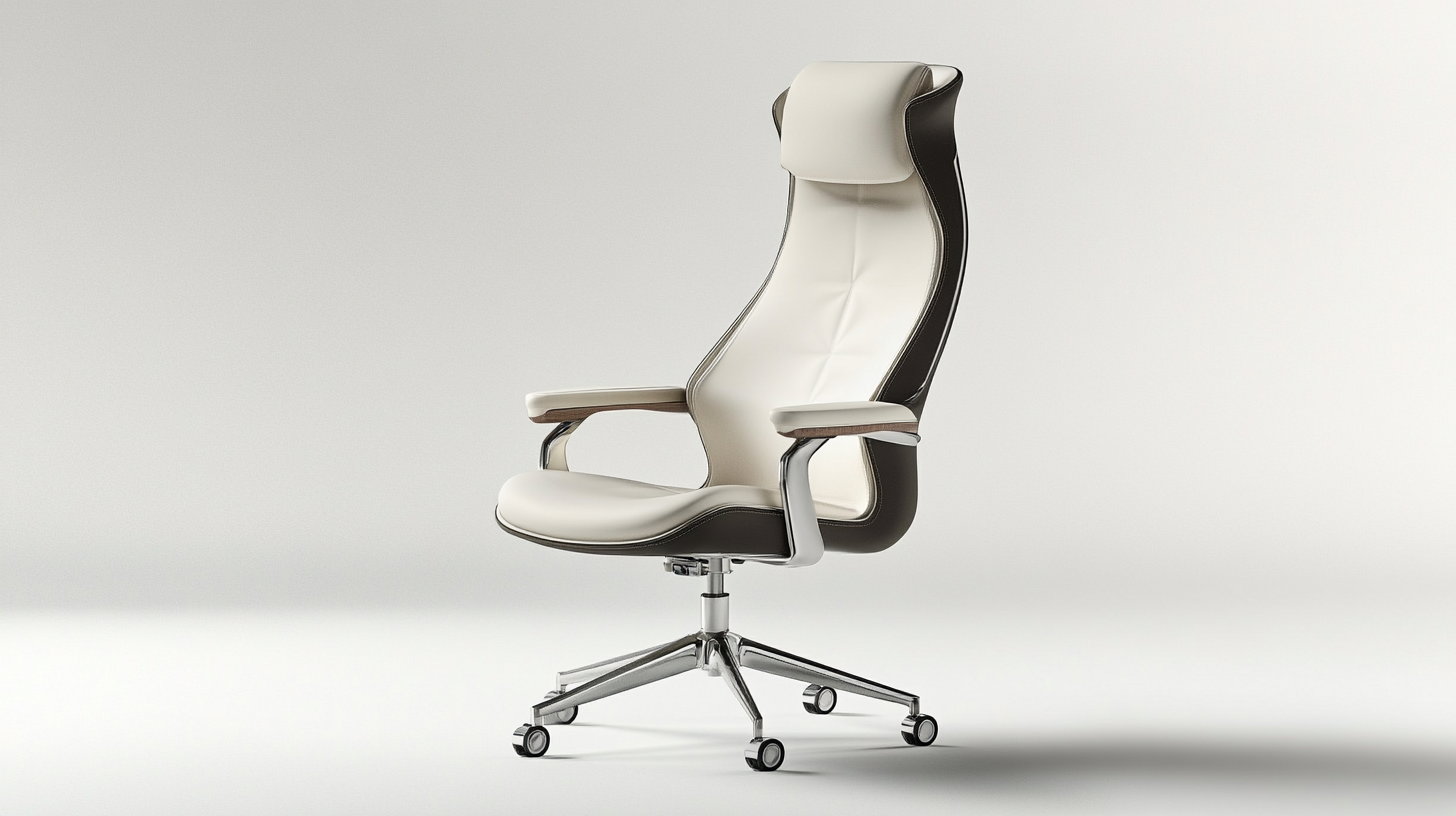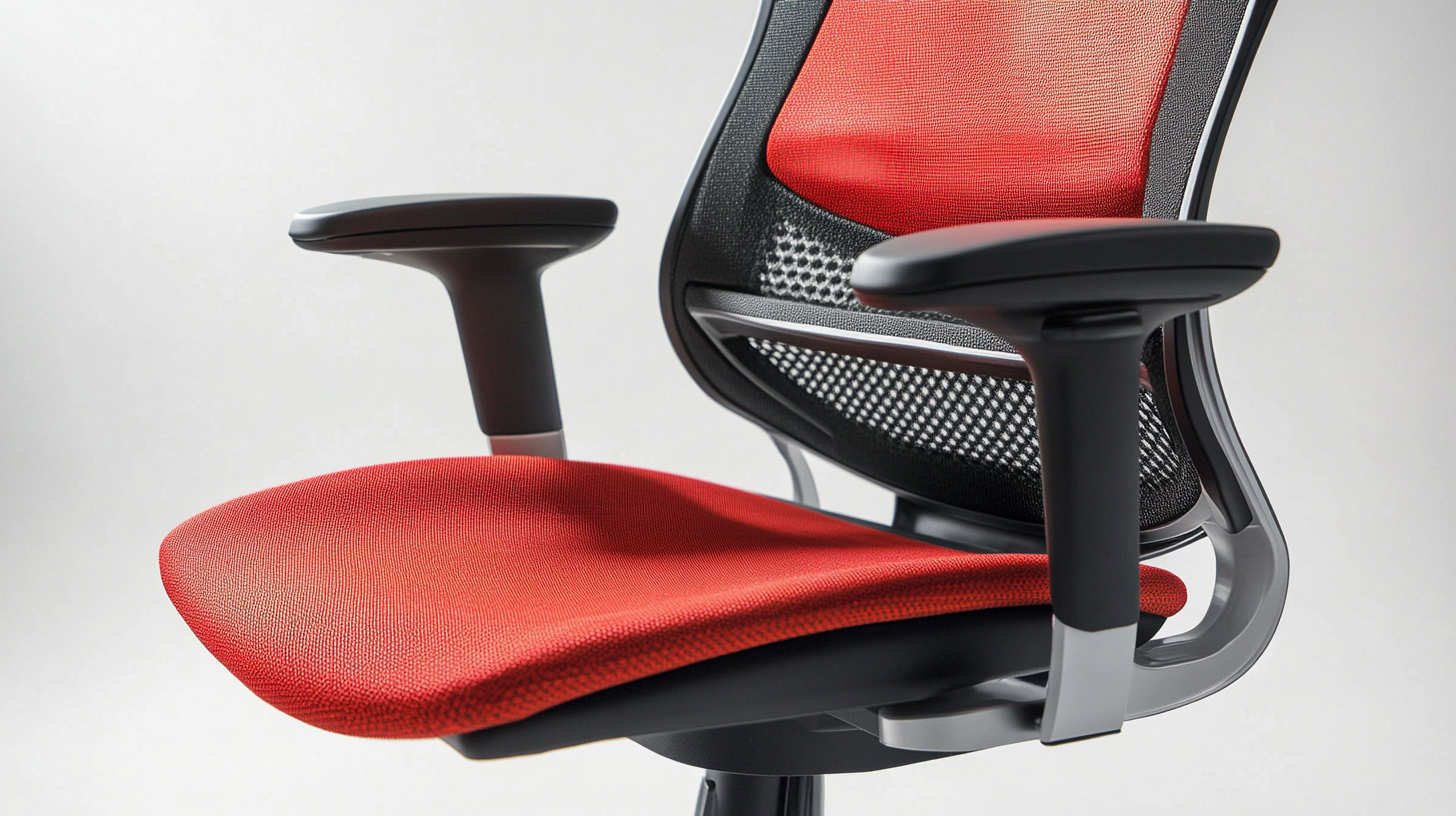In today's global marketplace, the trade of operator chairs, essential for various work environments, demands a thorough understanding of the international standards that govern their import and export. These standards not only ensure compliance with safety and quality regulations but also facilitate smoother transactions across borders. With the rapid evolution of ergonomic designs, materials, and technologies, manufacturers and importers alike must navigate a complex landscape of guidelines that dictate everything from manufacturing practices to labeling requirements. This blog aims to illuminate the key global standards that impact operator chairs, providing insights that will empower businesses to make informed decisions and enhance their competitiveness in the global arena. By grasping these standards, stakeholders can better position themselves within the market and contribute to a safer, more efficient workplace for operators around the world.

The trade of operator chairs is influenced by various global regulations that ensure products meet safety, ergonomic, and environmental standards. Different regions have established guidelines that affect both the import and export processes. For instance, the European Union has stringent requirements regarding the materials used in chair manufacturing, focusing on sustainability and the protection of user health. Similarly, the U.S. has its own set of regulations that manufacturers must adhere to, especially concerning fire safety and durability.
Tips for ensuring compliance include staying updated on the latest regulations in your target markets, as these can change frequently. Additionally, consider collaborating with local experts who understand the specific legal requirements of the regions you are operating in. This can help minimize delays in trade and ensure your products meet local expectations.
Another important aspect is to prepare all necessary documentation that proves compliance with international standards, such as the ISO certifications or any CE markings needed in Europe. Failing to provide proper documentation can result in costly customs holds or product rejections, ultimately hindering the global trade of your operator chairs.

When it comes to importing and exporting operator chairs, understanding key certifications is crucial for ensuring compliance with international standards. These certifications not only help in meeting safety and quality requirements but also facilitate smoother trade across borders. Some of the most recognized certifications include the BIFMA (Business and Institutional Furniture Manufacturers Association) certification, which indicates that operator chairs have passed rigorous tests for durability, safety, and sustainability. This certification is particularly valued in North America, as it reassures consumers and businesses of the chair's performance.
Another important certification to consider is the EN 1335 standard, widely recognized in Europe. This standard encompasses various aspects of office seating, including ergonomics, safety, and functionality. Meeting the EN 1335 certification requirements ensures that the operator chairs are not only comfortable for long-term use but also safe in terms of structural integrity. Additionally, manufacturers looking to enter markets like the Asian region may need to comply with specific local certifications, which can vary significantly. Understanding these requirements can greatly affect the success of import and export strategies for operator chairs.

The landscape of global trade, especially concerning operator chairs, is increasingly complex as countries navigate a web of tariffs and trade barriers. Recent shifts in U.S. trade policy, highlighted by aggressive tariff announcements, have sent shockwaves through the markets and raised concerns among exporters and importers alike. Businesses involved in the operator chair market must now grapple with increased costs and uncertainty as they face the potential for retaliation from trading partners impacted by these tariffs. Understanding how these measures can alter pricing and availability of materials is crucial for stakeholders in the industry.
The interplay between that uncertainty and the established global standards for operator chairs complicates trade dynamics further. Countries may implement their standards in response to perceived unfair practices, which can hinder smooth transactions and create additional hurdles for importers and exporters. Staying informed about changing regulations and potential tariffs is essential for manufacturers, as adapting to these trade barriers can mean the difference between success and failure in this niche market. The challenge lies not only in adhering to specific standards but also in proactively managing the ripple effects caused by shifting trade policies.
Sustainable manufacturing practices in the production of operator chairs are becoming increasingly critical as global standards evolve. With the furniture industry responsible for approximately 8% of global carbon emissions, implementing sustainable methods is essential for reducing this footprint. A report from the Global Reporting Initiative highlights that over 65% of consumers prefer products made with sustainable materials, prompting manufacturers to adopt eco-friendly sourcing and production techniques.
One key area in sustainable chair manufacturing is the use of recycled materials. According to the National Association of Manufacturers, the utilization of recycled plastics and metals can reduce energy consumption by up to 75%. Additionally, advancements in ergonomic design not only enhance user comfort but also facilitate durability, prolonging the product lifecycle. As production shifts toward more sustainable practices, operators are finding that integrating advanced technologies, like 3D printing and modular components, can lead to a significant decrease in waste and improve overall efficiency in production processes. Through these efforts, the operator chair industry is not only complying with international standards but also paving the way for a greener future.
The demand for ergonomic operator chairs has surged globally as workplaces evolve to prioritize employee well-being and productivity. Businesses are increasingly recognizing the importance of providing comfortable seating solutions that support health and efficiency. This trend is particularly evident in regions with high office job concentrations, where ergonomic chairs not only enhance comfort for long hours but also contribute to reducing workplace-related injuries.
Moreover, advancements in design and materials have made ergonomic chairs more appealing to a wider audience. Modern operator chairs now feature customizable options and innovative technology, such as built-in posture support and adjustable settings. As a result, companies are drawn to invest in these chairs, which align with a growing emphasis on employee engagement and satisfaction. These evolving market dynamics have led to an uptick in imports and exports of ergonomic chairs, making it essential for manufacturers and suppliers to stay updated on global standards and regulations governing the industry.
Update your browser to view this website correctly. Update my browser now
